WASHINGTON — The U.S. Supreme Court has declined to review a lower-court ruling striking down an Oklahoma law allowing railroads to be fined for blocking grade crossings longer than 10 minutes.
The Oklahoman newspaper reports the court turned down without comment Oklahoma’s appeal of a decision by the 10th U.S. Circuit Court of Appeals which found that federal regulation of rail carriers supersedes the Oklahoma regulation [see “Federal court strikes down Oklahoma blocked-crossing law,” Trains News Wire, Jan 14, 2022]
Oklahoma passed its Blocked Crossing Statute in 2019, and when BNSF Railway was cited under the law, it sued in federal court and was granted temporary and permanent injunctions, with U.S. District Judge Charles B. Goodwin saying that “a statute that tells rarilroad companies how long they may stop their trains — for whatever ends — intrudes on the territory” reserved for federal regulators.
Oklahoma had asked the Supreme Court to take the case, citing conflicting appeals-court rulings, while BNSF said the contention that there were splits was “contrived and non-existent.”






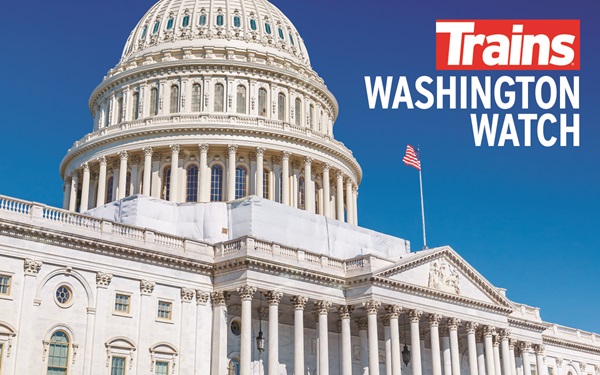
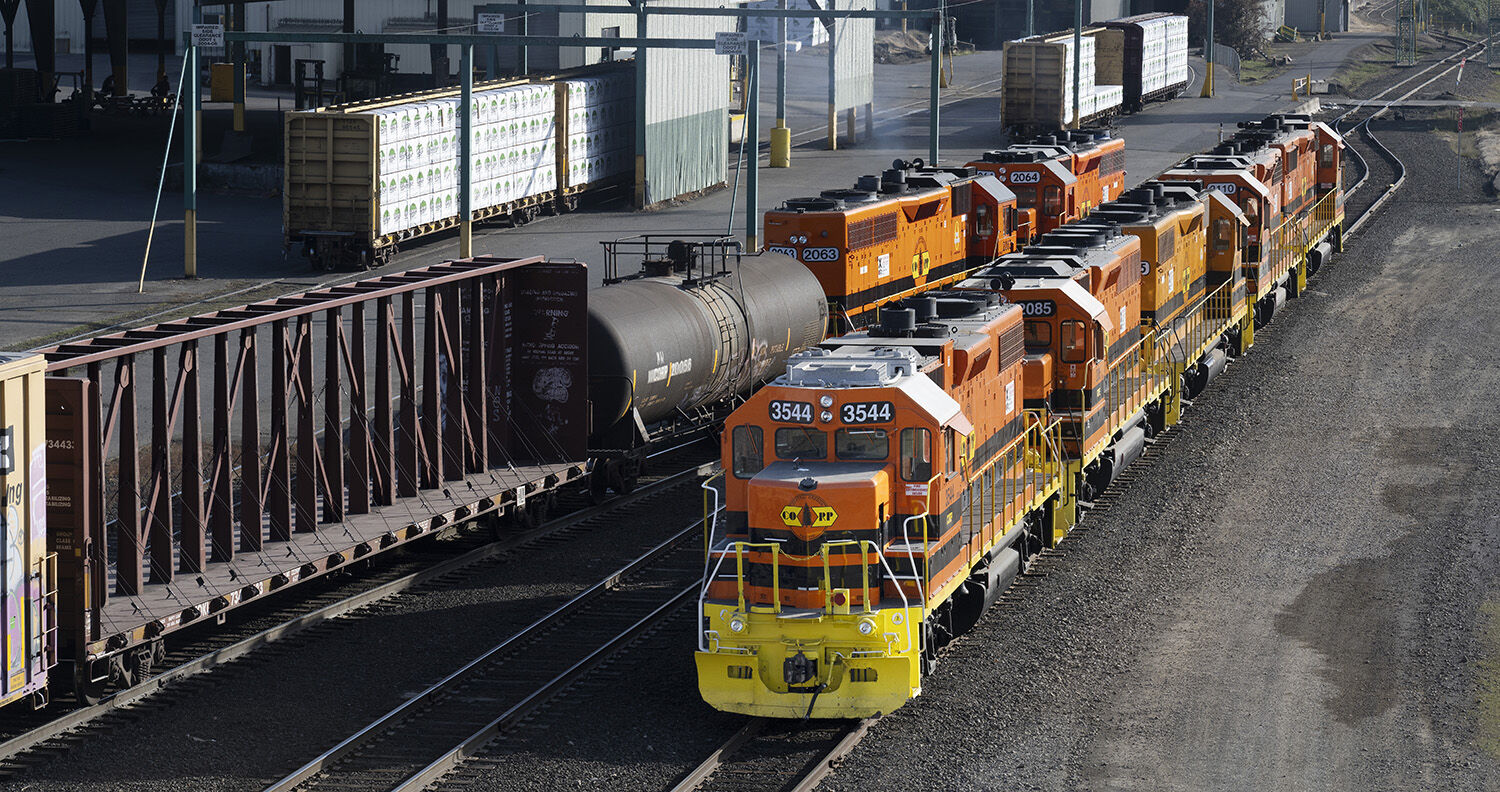
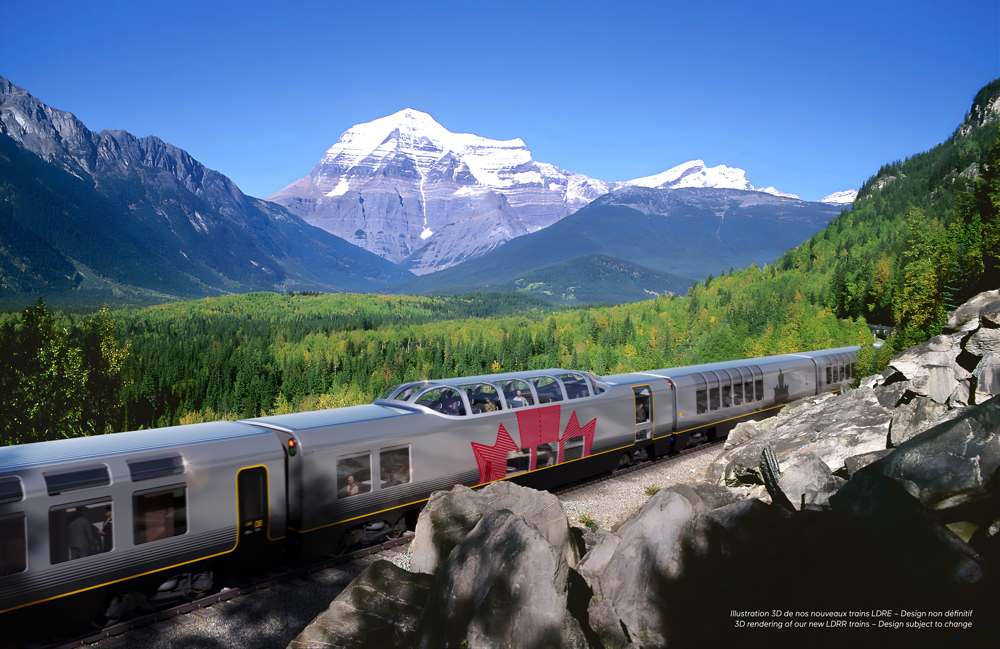

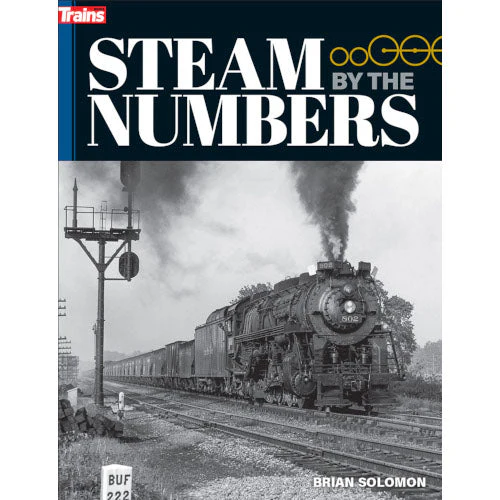


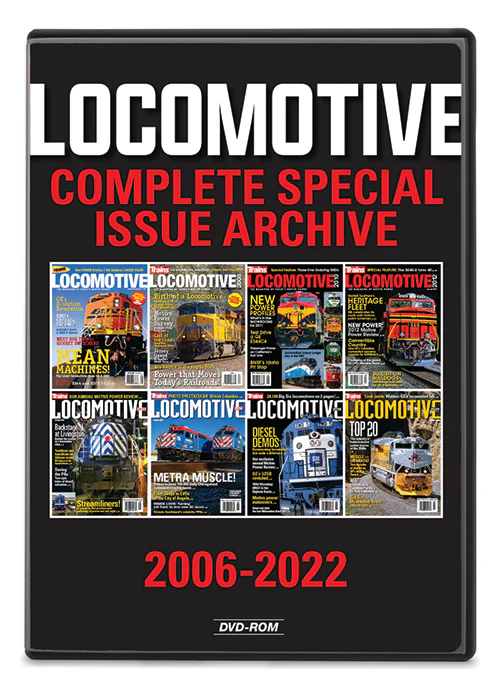
Maybe the way to get enforceable time limits on blocking crossings is to get the unions and cities to lobby congress to pass national legislation to allow blocked crossing fines or do like several states are doing to restrict abortions: allow individuals to sue the railroads for blocking crossings too long with their 15,000 foot trains. Then federal law would apply instead of local or state laws. This could force a reduction of excessive train lengths brought on by PSR.
With multi-mile long trains blocking all the crossings in some towns, this “nuisance” will continue to fester until it becomes a political issue and railroads will find some politicians taking up the cause to give constituents some relief. I would hope the executives react and reduce the events before they are called to the table.
Or, the better solution…states, counties and cities start ponying up some money to replace at level grade crossings with either overpasses or underpasses…and reducing the number of crossings over all in the process.
Railroads in OK are interstate and governed by Federal regs, not state/county, etc.. Can someone tell me why local communities can impose speed restrictions on rail lines through their jurisdiction. Seems to be about the same situation.
Community speed restrictions governing railroads are not legally enforceable. RRs sometimes will honor them to improve relations. e.g. CSX once had a 35 mph restriction at Sherwood, OH which was imposed by the city after a particularly nasty derailment. When the main tracks were rebuilt for the additional traffic brought by the Conrail split, that 35 mph speed restriction evaporated.